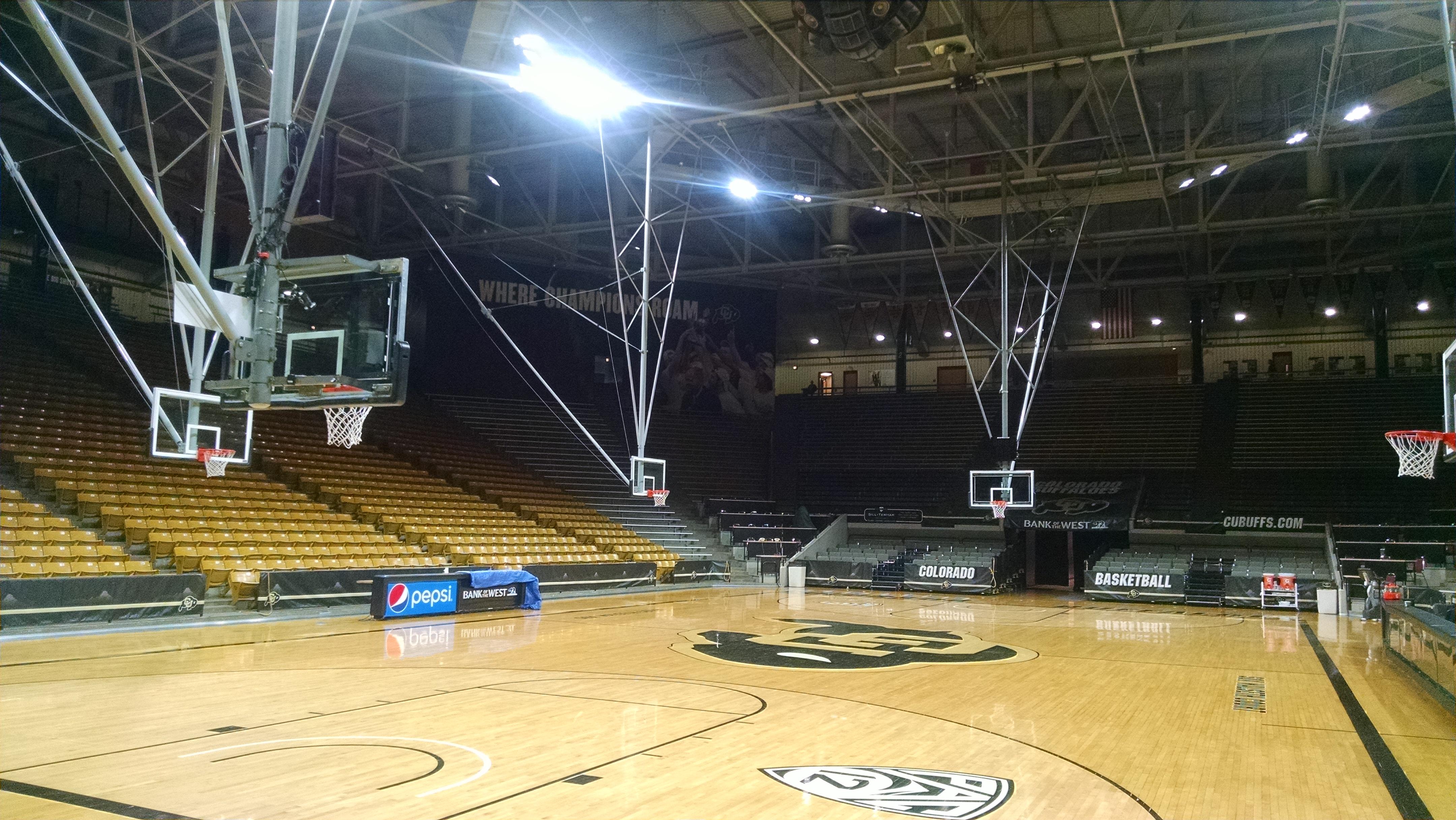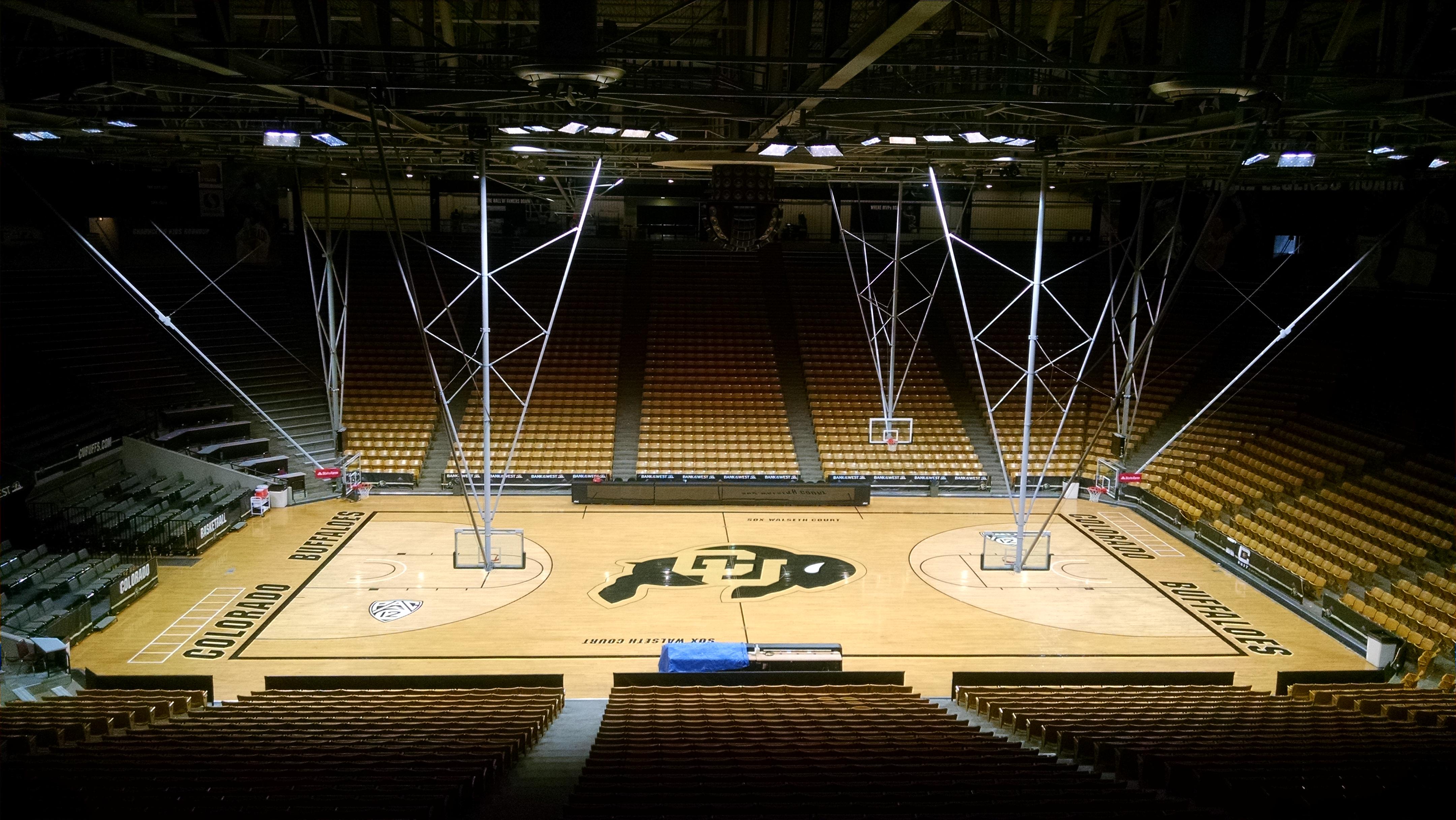Energy Audits/Performance Contracting
SEEC/MacAllister Building
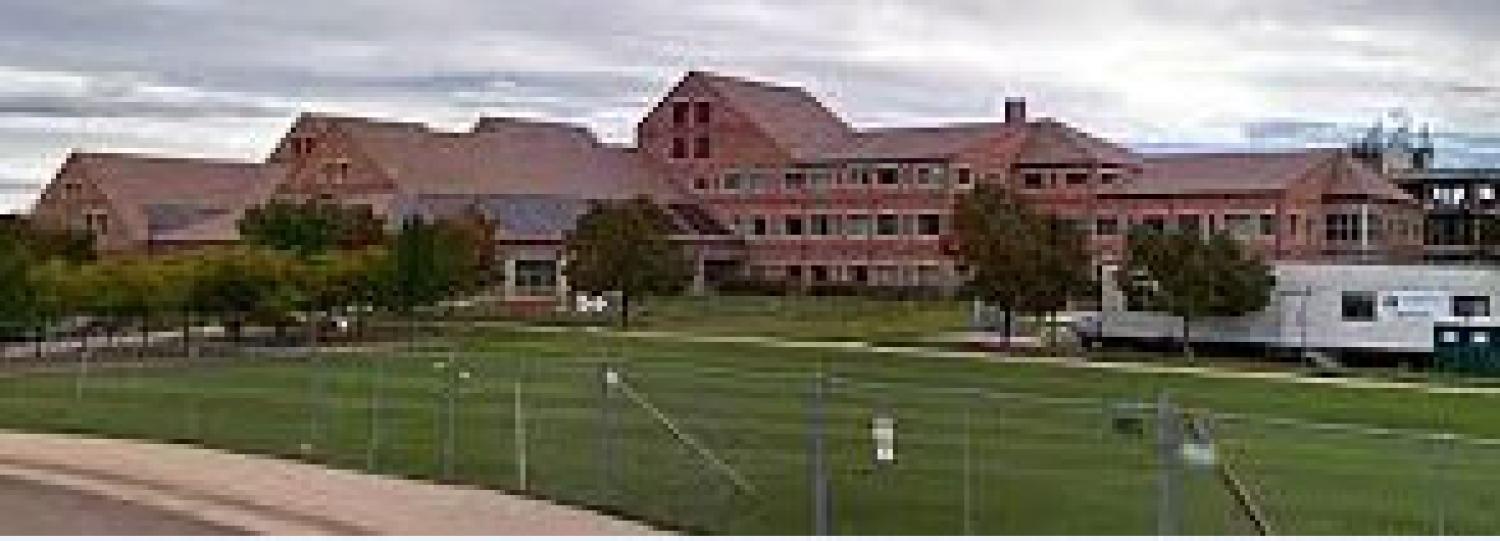
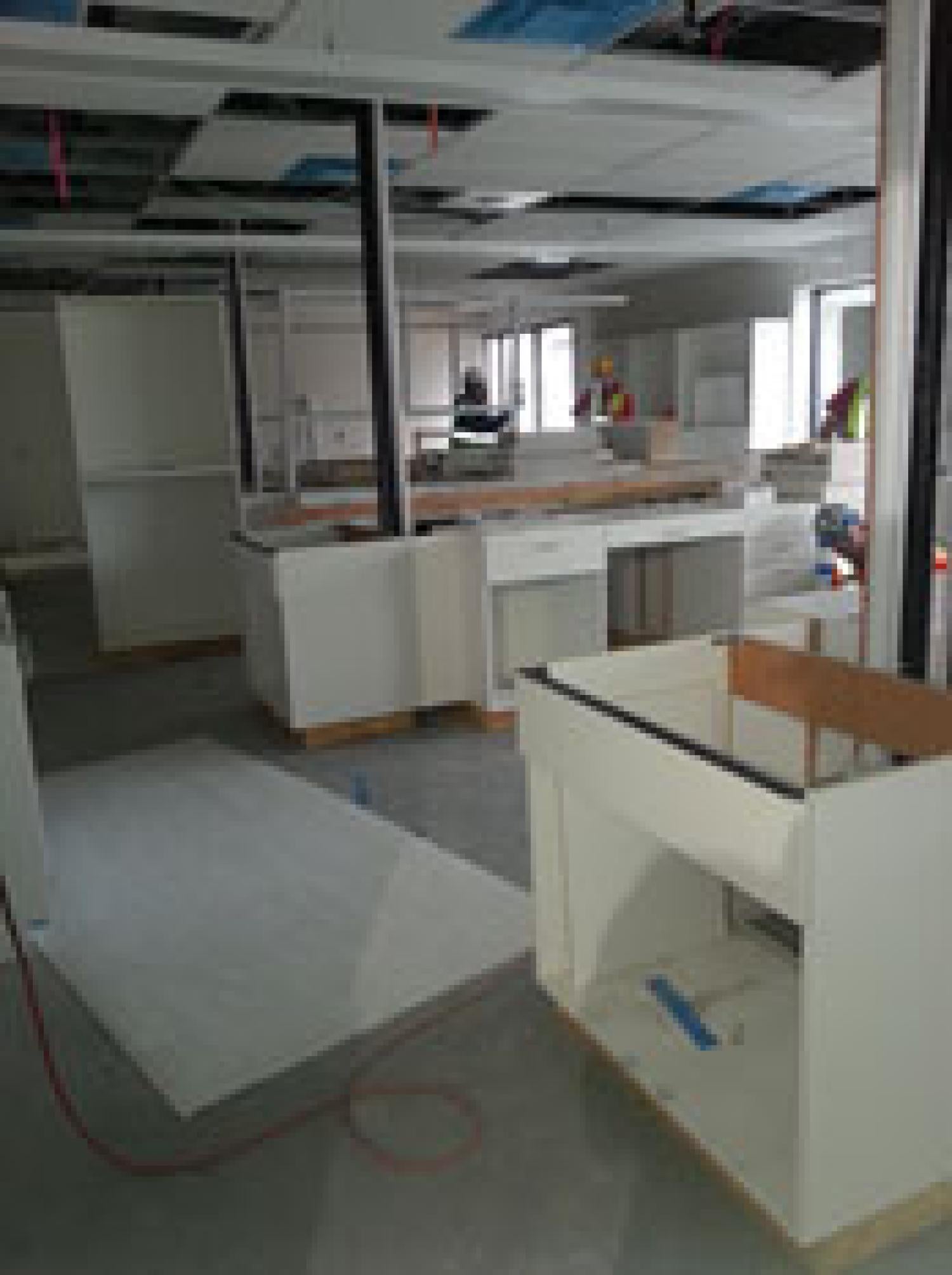 Wilderness Place
Wilderness Place

Wilderness Place was renovated in 2015/2016 to become the home for life sciences programs conducting animal research. An Energy Service Company conducted an energy audit of the existing 62,660 SF building to determine energy efficiency upgrades to be completed during the renovation. The audit produced facility improvement measures expected to produce close to $384,000 in energy and operational savings annually against a modeled baseline. Boiler replacements, hot water reheat, atomizing humidifiers, rooftop unit replacement, VAV, energy recovery, DDC controls, lighting controls, and LED lighting replacements were implemented as part of a total renovation of the building. By implementing these measures, CU Boulder is expected to reduce CO2 emissions by 5,000 tons.
Coors Event Center
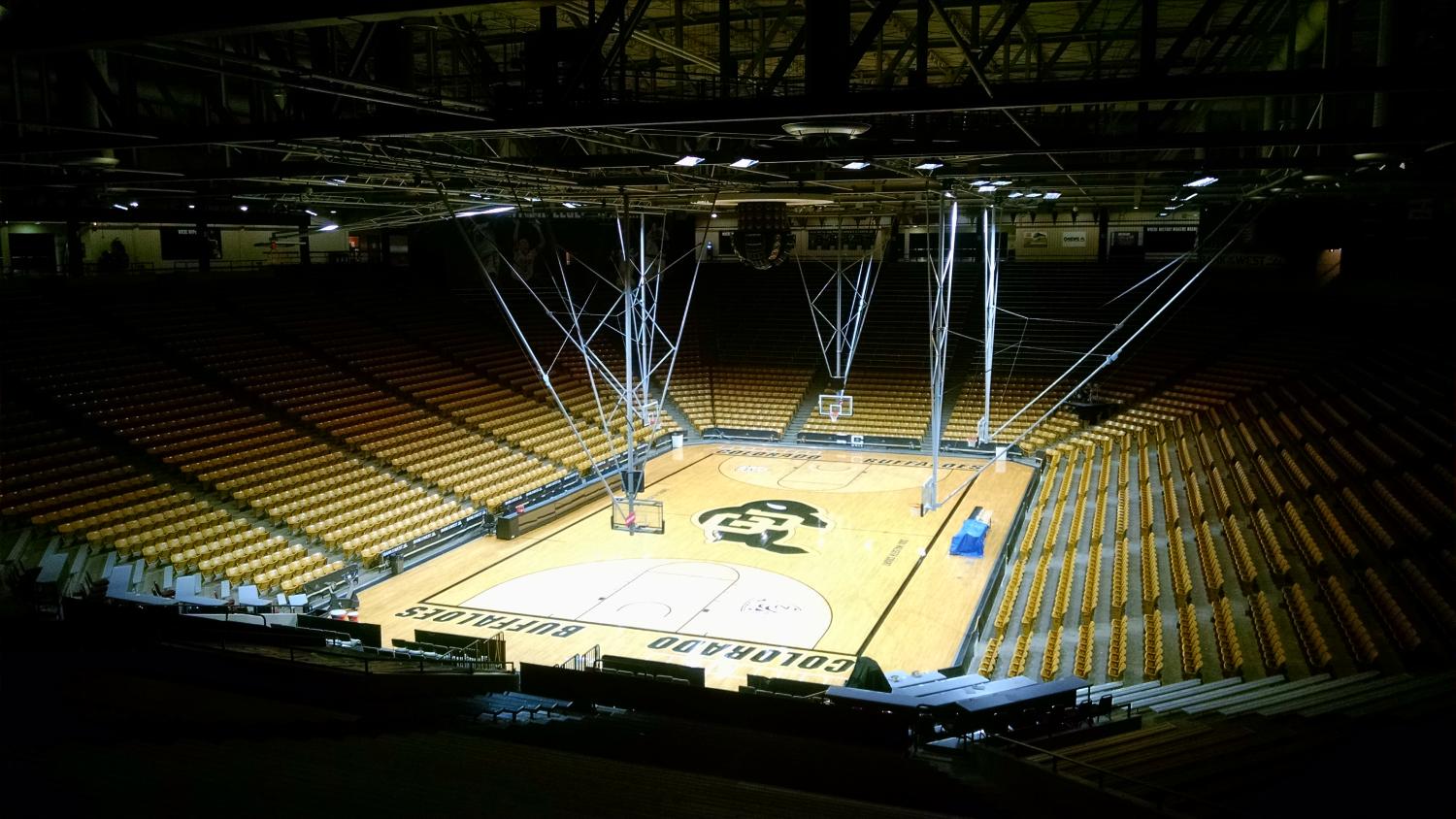

Upgrades to the Coors Event Center were also implemented through the Colorado energy office's performance contracting program. A technical energy audit was conducted in 2014 and identified a number of facility improvement measures directed toward reducing the energy consumption of the building. The upgrades included water conservation, LED lighting upgrades, controls upgrade to DDC and optimization of controls, recommission air distribution, and insulation of piping. These measures are expected to annually provide over $121,000 in savings for athletics and reduce carbon emissions by 1,080 tons.
JILA
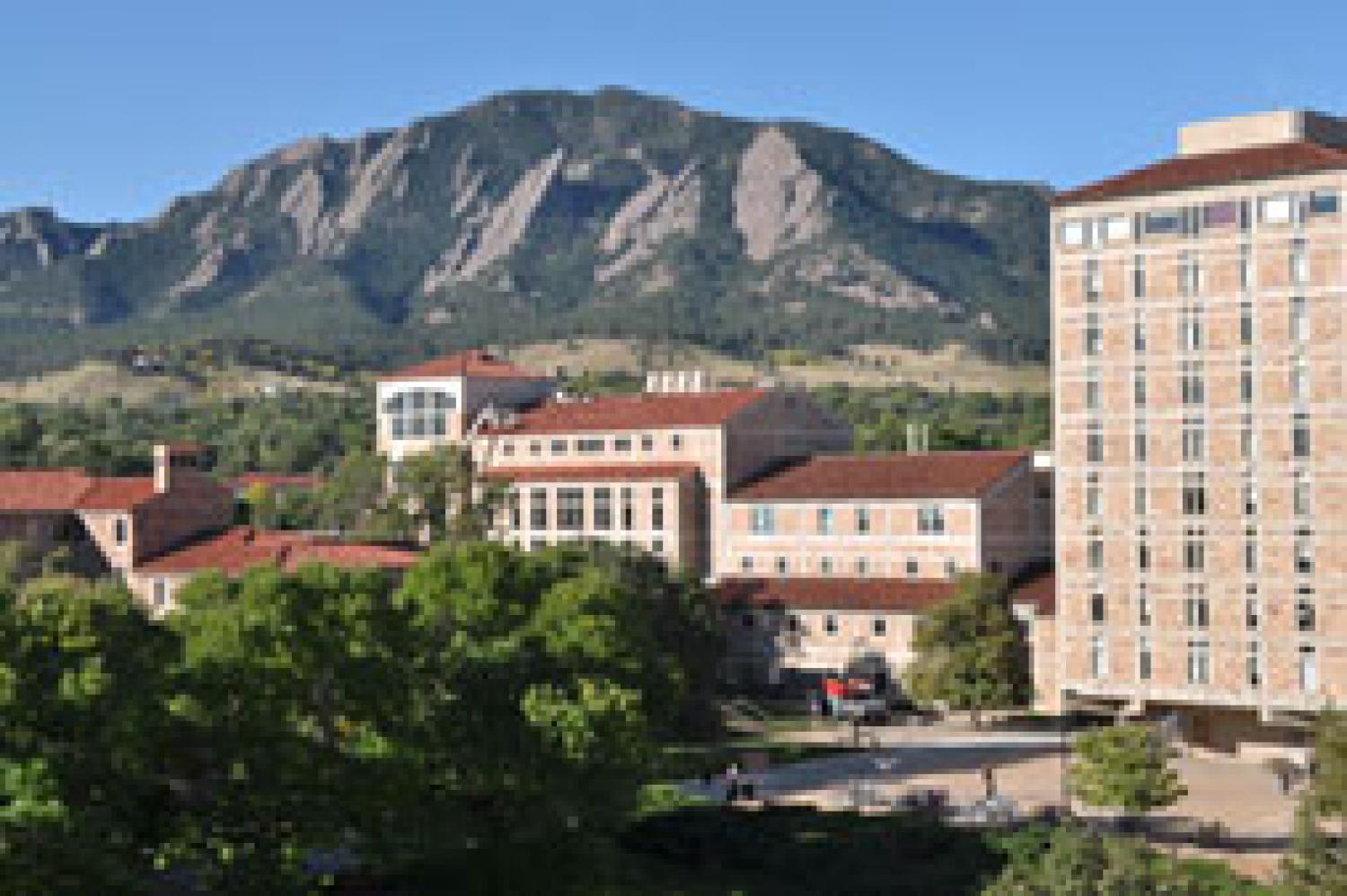

In addition to performance contracts, a technical energy audit was conducted in JILA, the Joint Institute for Lab Astrophysics in 2015. Original construction of JILA dates back to 1965, with a number of renovations and additions being completed over the years. JILA is operated jointly by CU Boulder and NIST, the National Institute of Standards and Technology. The technical energy audit identified numerous facility improvement measures which would provide energy and operational savings, as well as upgrades to existing equipment beyond its useful life. Implementation of the identified measures is under review.


